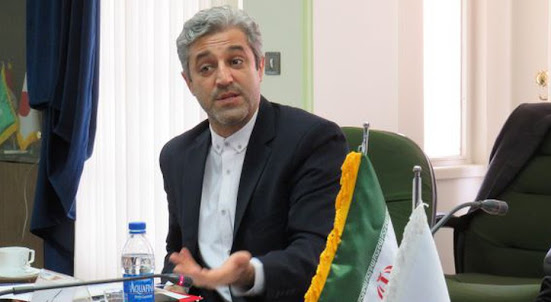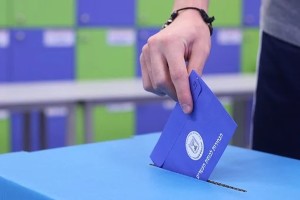While the President of the Palestinian Authority, Mahmoud Abbas, is supposed to issue a decree setting the date for the general Palestinian elections according to a timetable not exceeding six months, based on recent understandings between Hamas and Fatah, pressure from Arab countries is increasing to stop this path, in addition to field pressures exerted by the Israeli occupation in the occupied West Bank. Al-Akhbar learned that the Arab rejection of the recent understandings concluded in Turkey delayed Abbas’s issuance of the presidential decree in the elections, especially since some of the objections came in the form of warnings that “Hamas” would drag Abu Mazen into the bosom of Turkey and Qatar away from the “Arab consensus”.
Likewise, Egyptian and Jordanian pressures in particular, and behind them the Gulf, caused the postponement of the meeting of secretaries-general scheduled for the third of this month, during which the election decree was supposed to be issued after presenting the understandings to the rest of the factions. Sources reported that during the visit of the Fatah delegation to Cairo last week (after the Istanbul understandings), the movement was informed that the Egyptians were not satisfied with the way the agreement was announced in Turkey. However, “Fatah” defended by saying that the agreement took place in the Palestinian consulate in Istanbul without Turkish sponsorship or mediation, and that the Palestinians understood through bilateral meetings and achieved a “major breakthrough” in the reconciliation file, in addition to that “the current Palestinian strategy is based on the policy of bilateral meetings.” However, the sources add, this justification did not satisfy the Egyptians, who oppose the implementation of the agreement and even the elections.Amman is pressuring Hamas through Ahlam Al-Tamimi’s file to deport the husband of the freed prisonerThe Egyptian objection was that Palestinian reconciliation in this way, far from Cairo’s sponsorship, represents a diminution of the latter’s effort after many attempts at reconciliation between the two movements for 14 years. In addition, the current time is not suitable for elections, especially with the absence of international and American support for their conduct, which makes them « A leap not calculated from Abbas ». Complementing this position, the Secretary-General of the League of Arab States, Ahmed Aboul Gheit, expressed “discontent” with the Turkey meeting, because some parties saw in these meetings a message to certain Arab parties, which was the response of the Secretary of the Executive Committee of the Liberation Organization, Saeb Erekat, demanding Aboul Gheit to resign from his post against the backdrop of his support of the Arab agreements with Israel and his promotion of the “deal of the century”, noting that a few days ago, the authority announced its abandonment of the presidency of the current session of the League after it failed to obtain any form of it that condemns the recent agreements with the occupation.
Meanwhile, “Fatah” sources revealed that Jordan has expressed, through communication channels with Abbas, its annoyance with the agreement and its signing in Turkey, stressing that it does not support holding the Palestinian elections for fear that “Hamas” will obtain a large share of the positions, in addition to the complications, Especially in the West Bank and Jerusalem, and what it knows of the Israeli intention to prevent the elections, which will open the door for confrontation in the West Bank. At the same time, Hamas sources reported, in an interview with Al-Akhbar, that an indirect Jordanian message reached Hamas to reject the reconciliation agreement, by putting pressure on the freed prisoner belonging to the movement and wanted by the United States, Ahlam Al-Tamimi, to leave the kingdom, through deportation of her freed prisoner husband, Nizar Al-Tamimi, and informing him of the need to leave within days, in preparation for her deportation and delivery to the US administration.
Hamas is concerned about the impact of this on Abbas’s decision, which in turn informed him that it looks with suspicion at his delay in implementing consensuses, including permitting popular resistance in the West Bank and stopping the pursuit of Hamas members, as well as his delay in lifting sanctions on the Gaza Strip, and stopping the distinction between the West Bank and the Strip,
Very convoluted! But in the end, the Palestinians can't do much without upsetting some of their remaining friends, and that is why nothing will be done.

 Elder of Ziyon
Elder of Ziyon




































